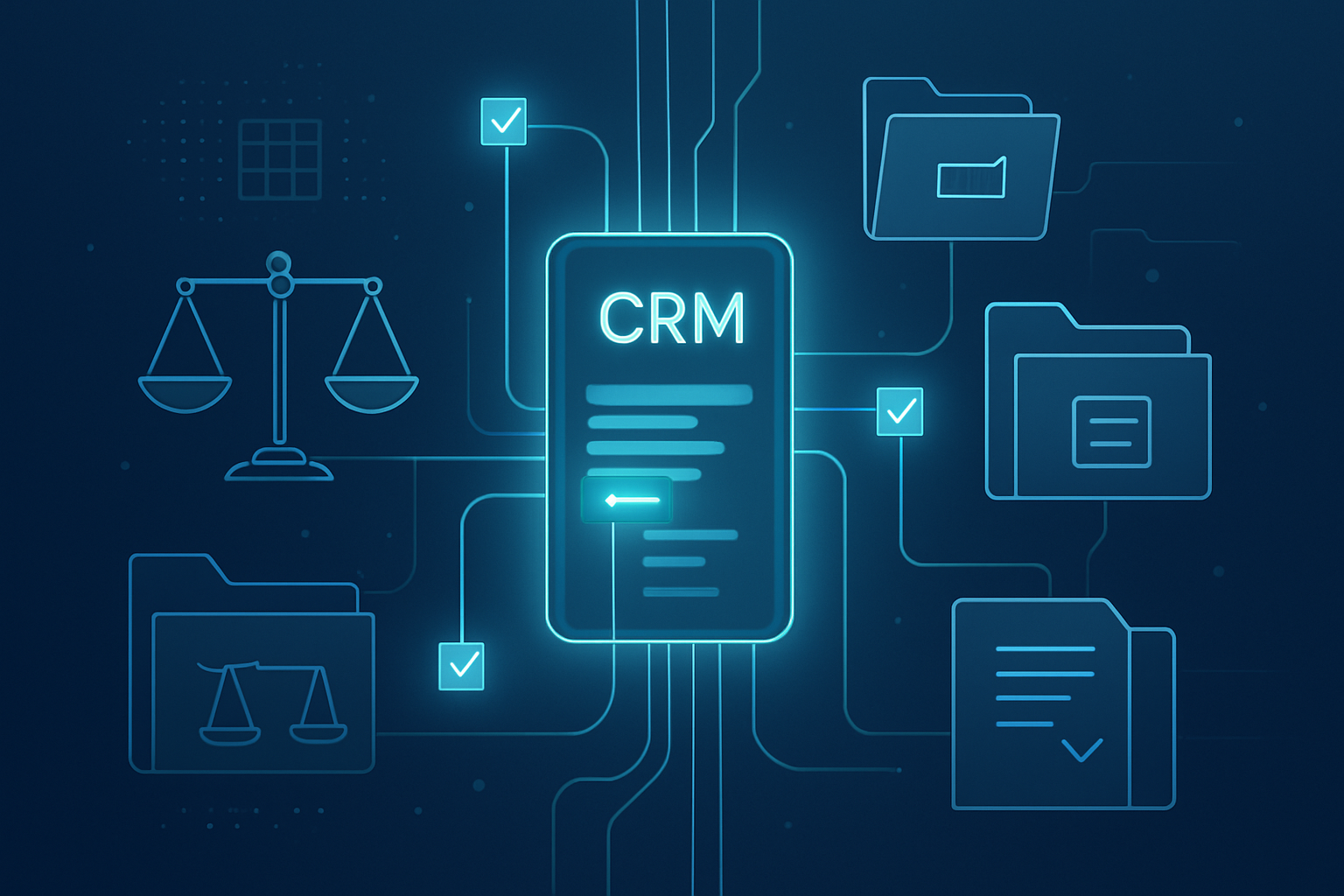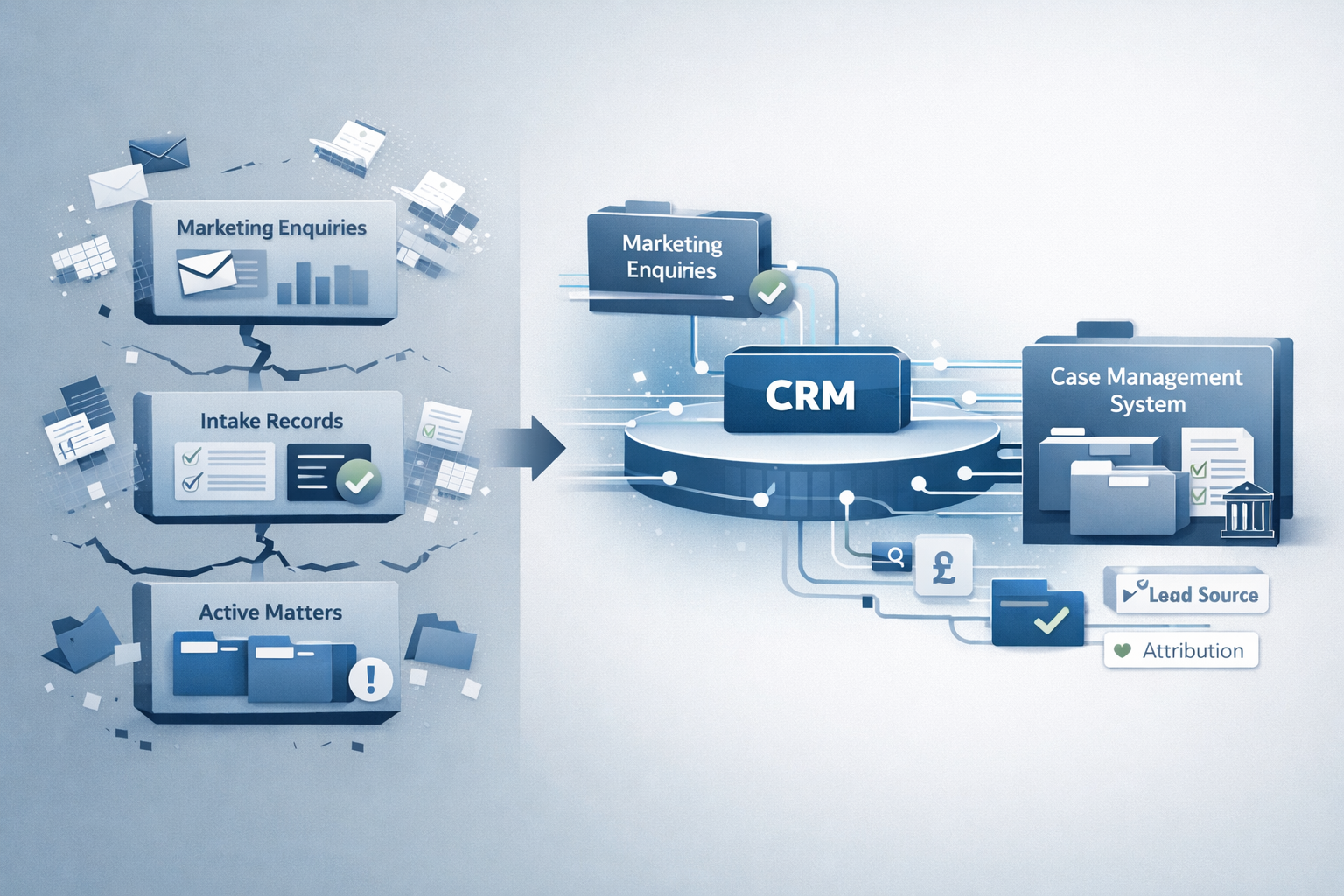How and when to hire a freelancer…
Digital Marketing
Sales Capability

Freelancing has really taken off over the last few years, a fact proven in the recent Budget with the government now trying to find ways of getting more tax out of the freelance economy!
It used to be the case that freelancing was confined to professional writers, journalists and copywriters, but with the emergence of digital, social media and websites based around freelancing, it’s now easier than ever for someone to become a freelancer.
The great benefit to businesses is that you can now pretty much hire someone to perform any job for your business, for a reasonable price.
In fact, many SME’s now rely on freelancers to plug the gaps in their business and even solely use freelancers instead of hiring in house.
But how exactly do you hire a freelancer in the digital age? When should you use a freelancer instead of hiring internally, or using an external agency? And what sort of value for money will you get by doing so?
Hiring a freelancer online
Hiring a freelancer in 2017 couldn’t be easier.
There are a number of great websites set up specifically for freelancing with the big ones being Upwork, Freelancer and PeoplePerHour.
Internally, we mainly use Upwork for any jobs we need to outsource as the quality of the work has always been high. But each platform is set up in pretty much the same way.
Step 1 - Sign up and post a job
After you have signed up and filled in your company details, you can start to advertise a job.
It works in the same way as a job board would. You post out the details of the job you would like completing, including a brief and the amount you are willing to pay someone to complete it.
When writing the job brief, make it as clear as possible and include any extra details that are important and necessary. Include any deadlines you have and outline your goals clearly.
The more you include now the less questions you will have to ask when it comes to interviewing potential freelancers.
Step 2 - Hiring your freelancer
Once you have posted your job out, you will start to get people pitching with their own proposals.
At this stage you should start reviewing people’s profiles and looking at the sort of work they have done before.
Most freelancing platforms allow businesses to review freelancers on the quality of work they have produced. So make sure you read up on each candidate and their reviews to build a picture on each one. Ask them questions and even interview them if you need to, via video call.
Different freelancers will have different costs per hour. Obviously the higher rated ones with more niche skillsets will more than likely charge a higher amount per hour. If you are savvy you can often find people who charge a lot less but have the same skills. These people are often new to the platform and are trying to get a foothold in their market area.
Once you have found your perfect freelancer, it’s time to go ahead and hire them.
Step 3 - The Work Process
Luckily, platforms like Upwork have really come on leaps and bounds when it comes to collaboration.
You can easily chat to your freelancer, set tasks to be completed by certain dates and upload and share documents with each other.
It’s important that you set clearly defined milestones for work to be completed by, especially if it’s a big project. Communication is key with freelancing as the person won’t physically be in the same office as you, so chat regularly with the freelancer and make sure the quality of work is up to scratch.
Step 4 - Paying a freelancer
Another great feature about freelancing platforms is that there are a number of different ways you can pay for services.
If you have a big project, you can set payment to only happen when certain milestones have been hit; a great idea if you have a budget for a project and don’t want to overpay.
Alternatively, you can pay by the hour which is often fine for smaller projects. Most platforms have a work diary feature which, when used, will take regular screenshots of your freelancers screen and count keystrokes. It’s great for making sure you aren’t being overcharged.
When and when not to hire a freelancer
It’s important to remember that when you hire a freelancer, you are hiring one person to complete a certain task or job.
The main point is that they are one person not an agency.
Where a lot of SME’s fall down is when they hire a freelancer to work on a big project they just won’t be capable of managing themselves, and they end up with a low quality piece of work.
Remember, a freelancer won’t be intimately familiar with your business and brand. So when it comes to hiring a designer, it can be a challenging process to make sure that they stick to guidelines.
In our opinion, it’s always better to hire a freelancer when you are overfaced with projects and you need an extra pair of hands, or need someone with a niche skillset.
Generally, we wouldn’t recommend hiring an entire team of freelancers for a project. It can get incredibly complex and messy when it comes to project co-ordination.
Similarly, freelancers tend to be good at clearly defined, specific work. If you need something like an entire marketing strategy then it’s probably best to work with someone who can come on site to you; a consultant perhaps or, again, an agency. The agency may then hire a freelancer to do some specific work on the strategy, or to implement part of the strategy once it has been decided, but the overarching piece of work sits better with someone you can work more closely with.
Happy freelance hiring!


